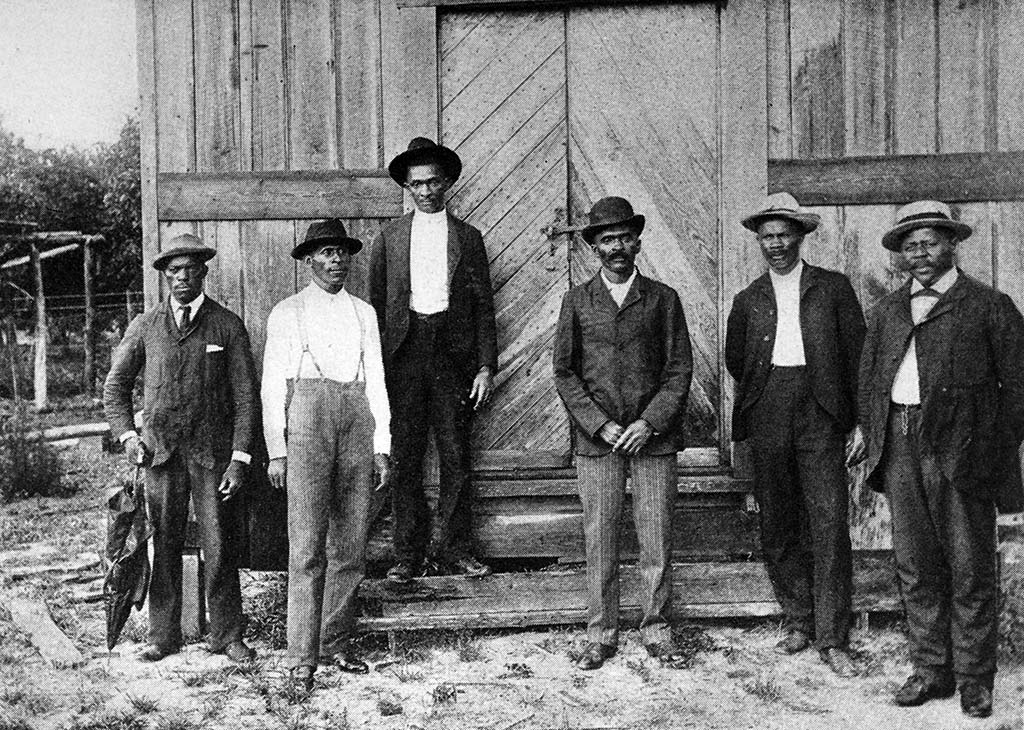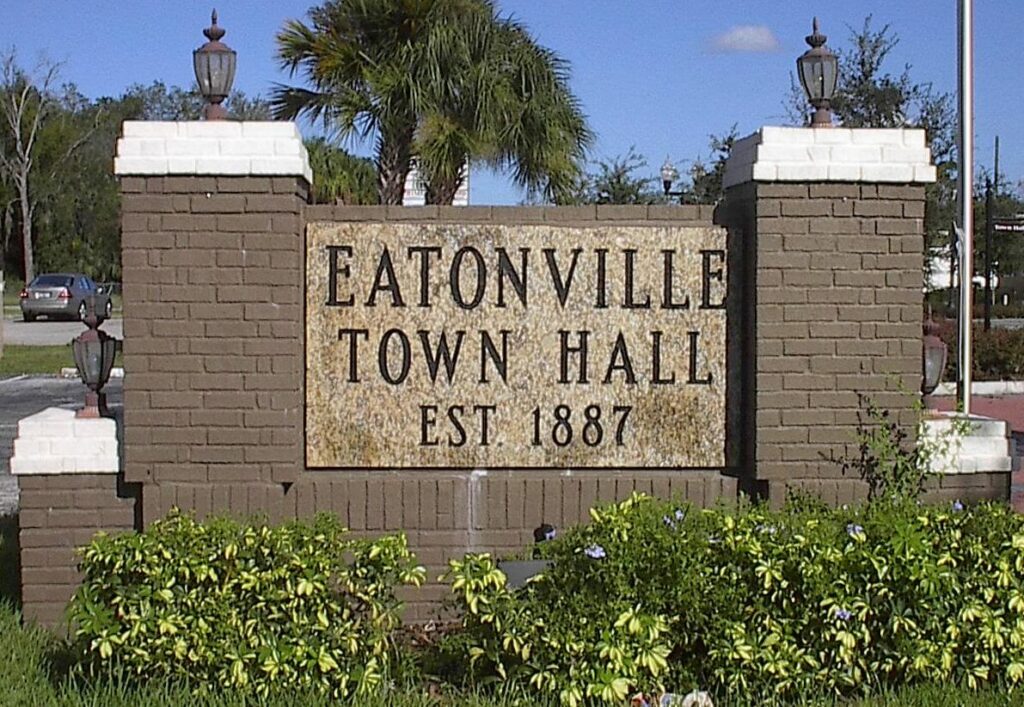Happy Birthday, Eatonville!

Eatonville, Florida was incorporated on August 18, 1887 (22 years after black folk were freed by law).
What had happened was…
Back in the day, the Spanish and the British owned different parts of what’s now the United States. The Spanish owned Texas, Louisiana, and parts of Florida. Part of their war tactics was getting black folk on their side. So they’d promise black people who were enslaved in South Carolina and Georgia that they’d be free if they ran away to live in Florida. Spain wasn’t being righteous; they figured black folk would be their bodyguards.
This is also why Savannah, which is only 2 hours from Florida, initially made slavery illegal. They also weren’t keeping black folk free for moral reasons; they were trying to avoid indirectly helping the Spanish. Black and Indigenous folk banded together and fought the U.S. in the Gullah Wars. During the Gullah Wars, the U.S. set up a fort near Lake Maitland in Florida to fight the Native Americans and capture black folk who had run away from slavery to be there. After the Civil War, Ft. Maitland was left deserted.
Three Union officers decided to set up shop in Maitland. Black folk made it livable though by clearing the land, planting crops, and building houses and even the railroad system. Because the town was founded by the Union, whose efforts in the war helped free black folk, I don’t think racism was super loud in Maitland. So you had black businessmen and even some black community leaders living there. Tony Taylor, a black man, was elected as the town’s first mayor. And Joe Clarke, another black man, was elected town marshal. There had to be some kind of tension though, because the black folk of Maitland started wanting their own town.
Joseph “Joe” Clarke led the movement to establish an all-black town, and two white Union officers helped him make it happen. Black folk put their coins together and bought a good bit of the land and another 10 acres were donated. So the new town consisted of 112 acres altogether and was named Eatonville in honor of Josiah Eaton, the white man who sold them the land. (White men didn’t often sell land to black men back then.)

Eatonville became the first incorporated African-American community in the nation. There were other black towns around the country, but they weren’t incorporated which meant they weren’t legally recognized or accepted by the state. If you ain’t incorporated, the state can just take your land whenever they ready.
Folk moved from near and far to live in Eatonville, including Zora Neale Hurston‘s family. They moved from Alabama to Eatonville when Zora was ’bout a year old, bought five acres and built an eight-room house. Her daddy became a minister and served three terms as the town’s mayor.
In Mules and Men, Zora described Eatonville as “a city of five lakes, three croquet courts, three hundred brown skins, three hundred good swimmers, plenty guavas, two schools, and no jailhouse.” In her autobiography, Dust Tracks on a Road, she distinguished her hometown as an actual Negro town: “I do not mean by that the black back-side of an average town. Eatonville, Florida, is and was at the time of my birth, a pure Negro town—charter, mayor, council, town marshal and all.”
Over 100 all-black communities were founded during this era, but only about 12 of ’em are left today. Eatonville is one of the 12.
